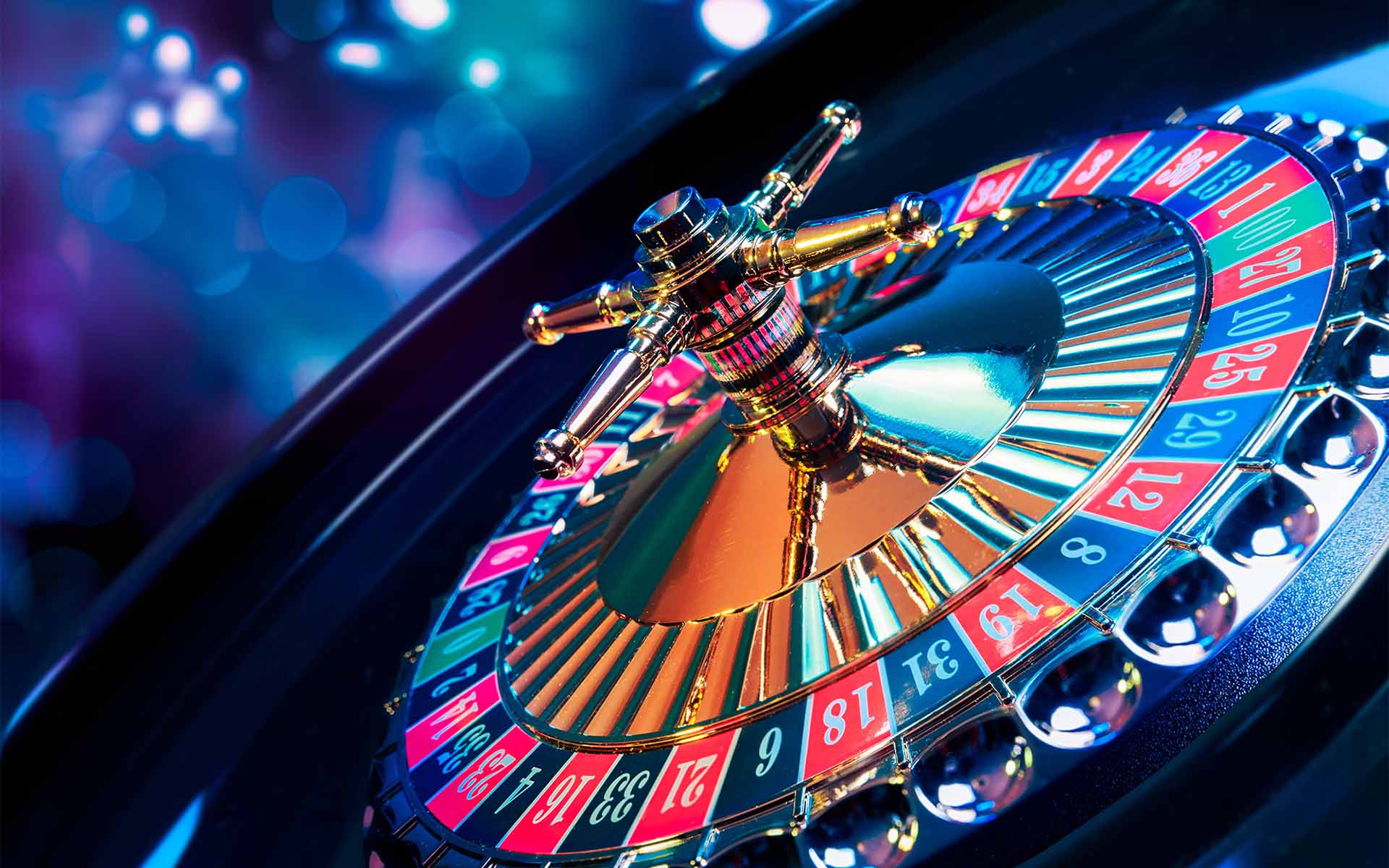
Gambling games have long been a staple in human culture, delivering not just entertainment but a intriguing reflection of our aspirations, ambitions, and concerns. From the spinning reels of a slot machine to the skill-based strategies of poker, these games embody a variety of human emotions and events. At their core, casino games are more than a chance to make profits; they are a snapshot of life itself, where risk and reward intertwine and fortunes can change in an eye blink.
As players gather around tables or sit in front of brightly lit machines, they engage in a ritual that transcends mere betting. These games mirror our instinctive desires for social interaction, thrill, and the search for fortune. They also disclose deeper truths about human nature, such as our relationship with chance and the adrenaline of uncertainty. In exploring casino games, we discover not only the nuances of play but also the complex weave of the human story, showcasing our intertwining narratives of aspiration and reality.
The Psychology of Gambling
Gambling is deeply rooted in human psychology, tapping into various feelings and wants. The excitement of taking risks is a core aspect that draws players in, be it it’s excitement of spinning a roulette wheel or the anticipation of drawing a winning card in a poker game. This adrenaline is often compared to other forms of excitement, as the uncertainty of outcomes elicits a distinct psychological response. Gamblers often become entranced by the chance of striking it rich, leading to an almost magnetic draw toward casino games.
Another, a crucial component of the psychology behind gambling is the concept of hope and aspiration. Players often nourish dreams of financial freedom and the luxurious lifestyle that can follow winning. This hope fuels their ongoing participation in gambling, as it provides a sense of meaning and the conviction that a life-changing win could be just one wager away. The narrative of beating the odds and achieving success resonates with many, strengthening their commitment to play and engage with these games.
Finally, social dynamics play a significant role in gambling psychology. Gambling venues are designed to promote social interaction, where gamblers gather to share the journey of wins and losses. UK casino not on GamStop This shared aspect not only amplifies enjoyment but also affects behavior, as individuals often imitate the actions of others around them. The collective approval found in shared excitement can magnify the emotional experience, making casino games a reflection of not just personal desires but also shared involvement within the gambling community.
## The Dual Nature of Risk and Reward
Gambling activities embody the subtle balance between risk and gain that resonates deeply with the human experience. The thrill of placing a bet is often accompanied by a rush of adrenaline, as players are confronted with the possibility of winning big, yet fully aware of the risk to lose. This dual experience reflects a core aspect of life: the paths we choose often come with intrinsic risks, and the chase for gain can compel us to make risky moves we might not typically consider. In this way, gambling activities reflect real-world choices, enticing players to risk not just their capital, but also their dreams.
The allure of big prizes and payouts fuels a wave of hope, encouraging players to envision a brighter future that could emerge from a lucky spin of the wheel or flip of a card. This positive outlook can compel individuals to engage in riskier behaviors, encouraging them to push their boundaries in search of monetary success. However, just as in life, the consequences of these risks can lead to both triumph and failure. The narratives of both jackpot winners and those who have suffered everything at the tables demonstrate the unpredictable nature of luck and its consequential effect on our futures.
Ultimately, the interaction of engaging with gambling activities serves as a potent reminder of the human condition. Every session played is filled with the tension of ambiguity, as gamblers weigh the gains against the risks. This balance not only highlights the thrill that comes with gambling but also exposes the risks that come with the desire for more. As we navigate the challenges of decision-making and results in both the gambling world and in life, we find that the quest for gain shapes our identities and lives in deep ways.
Society and Isolation in Gambling Environment
Casino environment is a unique combination of social engagement and personal endeavor, reflecting the tensions of human experience. Players often gather around games, experiencing in the thrill of the action, rejoicing in wins, and sympathizing over losses. This communal aspect is crucial, as it fosters a sense of community and camaraderie among diverse groups of individuals. Regular visitors to casinos may build friendships and develop routines, turning the casino into a alternative home where they feel linked to a larger community of gamblers.
However, the allure of casino games can also result to isolation. As individuals become immersed in the excitement of gambling, they may isolate from personal connections or fail to interact with the world outside the gaming space. For some, the search of a jackpot can distract from real relationships, leading to loneliness. The situation of being among others yet feeling solitary is not rare, as the attention shifts from shared enjoyment to the individual stakes of each individual’s path.
This interaction of community and isolation creates a rich tapestry that defines gaming culture. It showcases the complexity of human interactions, where joy and sorrow exist together. Gambling venues serve as both a refuge for social interaction and a platform for individual challenges, illustrating how deeply entwined our desire for companionship and the individual quest for fortune can be. In navigating this environment, players confront their own narratives—seeking both the thrill of the wager and the companionship of other players, eventually reflecting the wider spectrum of individual experience.